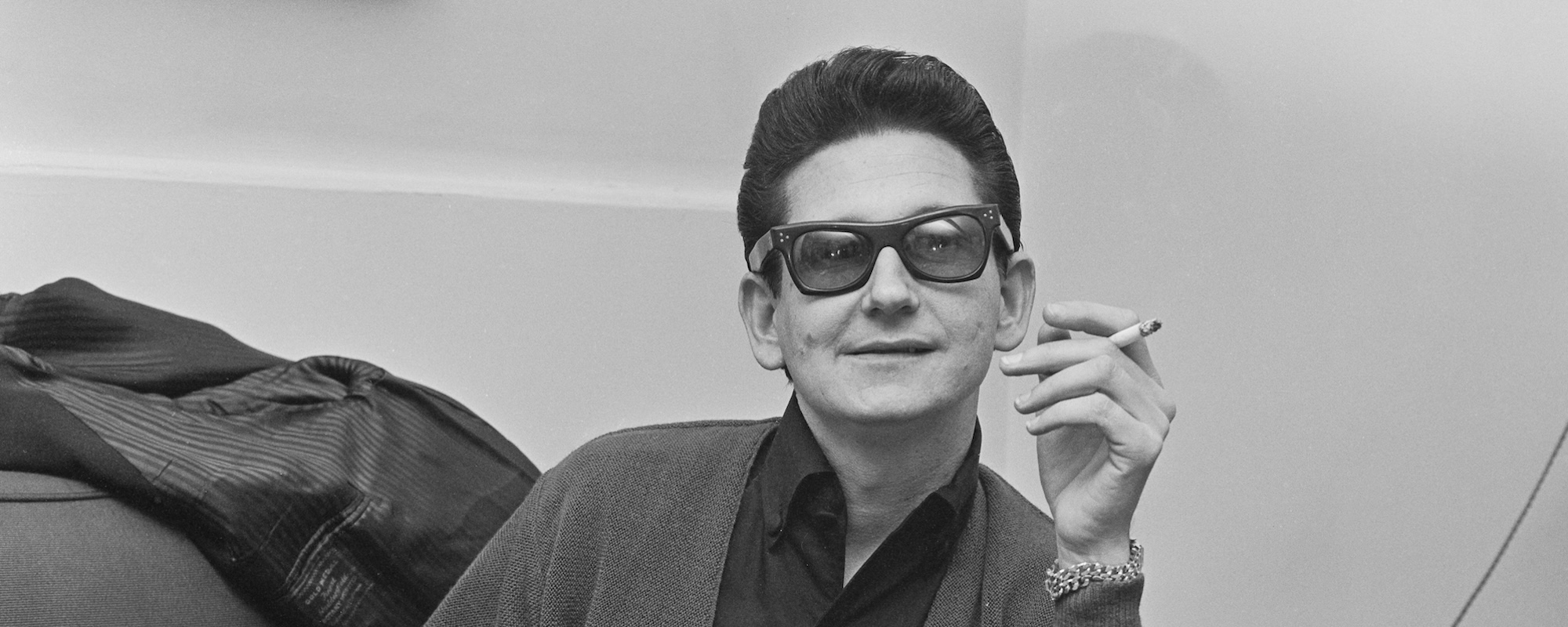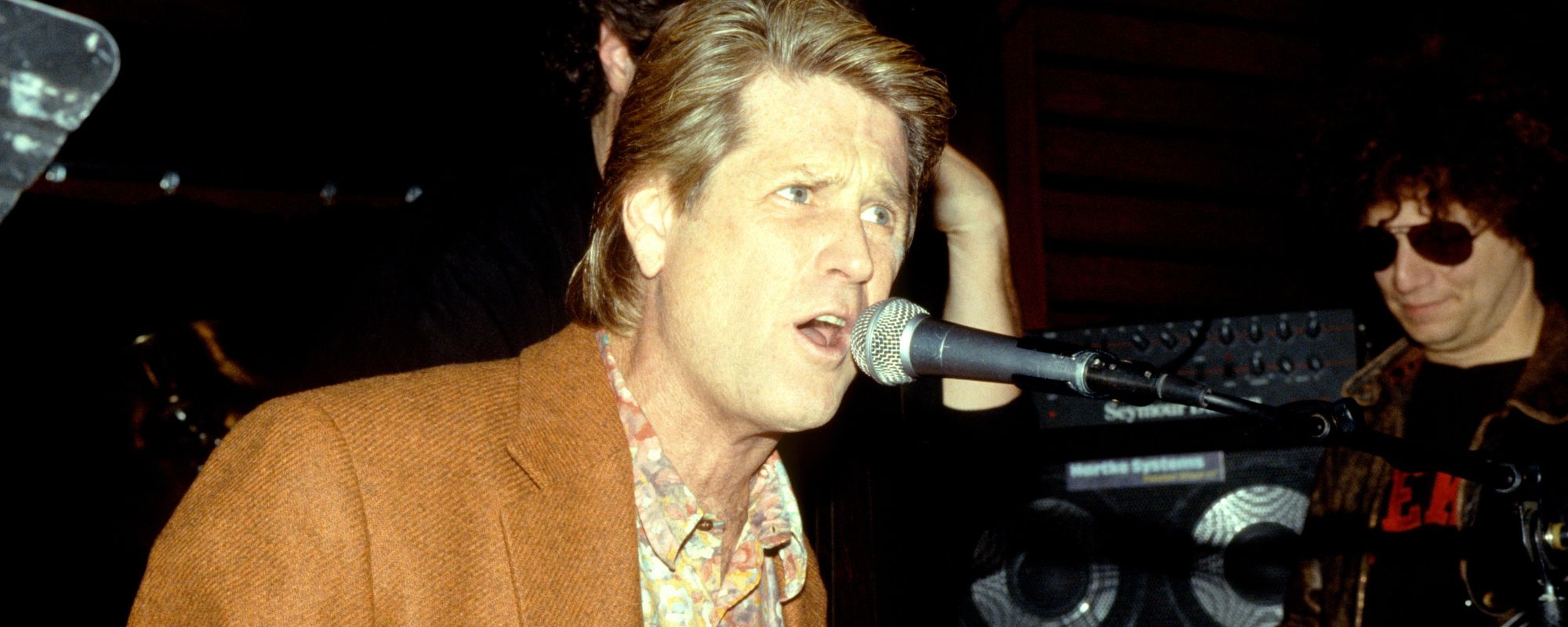The rock ‘n’ roll lifestyle is chock-full of potential dangers, and while many of us are quick to go to the “sex” or “drug” column of rock music, there is also plenty of risks to be found in the mental toll the industry takes on a person and the actual equipment itself. On November 26, 1973, former bassist for The Shadows and Tom Jones, John Rostill, found himself in a tragic combination of the latter two.
Videos by American Songwriter
The tragic circumstances of the 31-year-old’s death became more heartbreaking as each new detail was revealed to the public. On November 27, the Liverpool Echo reported that police were investigating Rostill’s death. Rostill’s wife and a Shadows bandmate, Bruce Welch, found Rostill dead in his Hertfordshire home, surrounded by electronic equipment. Because of this initial report, many still claim Rostill died via electrocution from an ungrounded connection.
This was a believable theory, but not the whole story. Two weeks after the Liverpool Echo first reported on Rostill’s death, the paper released a coroner’s statement, which listed the musician’s cause of death as suicide. “The Watford deputy coroner, Mr. Marcus Godman, recorded a verdict that Rostill committed suicide while in a depressed state of mind,” the newspaper read.
The Increasingly Tragic End of John Rostill, Prolific Rock and Pop Bassist
A freak electrical accident would have already been a tragic end to John Rostill’s life and prolific career as a rock, country, and pop bassist. Rostill’s band, The Shadows, was an incredibly popular instrumental rock group in a pre-Beatles U.K. Indeed, this group paved the way for the Fab Four to take over in the latter half of the 1960s. The group disbanded for the first time in the late 60s, after which Rostill began touring with Tom Jones. As the writer or co-writer for many 1970s hits, like “Let Me Be There”, “If You Love Me, Let Me Know”, and “Please Mr. Please”, Rostill also left an indelible mark on pop history as a songwriter.
The coroner’s report’s refutation of the prevailing theory that Rostill died by electrical shock made his young death all the more heartbreaking. The second Liverpool Echo report reads, “The coroner’s officer, P.C. R. Joiner, said a doctor who examined the body established death was due to barbiturate poisoning. Mrs. Rostill said there had been marital problems, and discussions had taken place about the division of property.”
Despite this second report, many sources still cite Rostill’s death as an electrical malfunction to this day. Perhaps the idea of rock ‘n’ roll equipment turning fatal is the more novel of the two causes of death. But the reality was no less heartbreaking. (In fact, the suicide’s erasure adds yet another tragic layer to this murky history.) Rostill was survived by his wife and one-year-old son, Paul.
Photo Alisdair MacDonald/Mirrorpix/Getty Images









Leave a Reply
Only members can comment. Become a member. Already a member? Log in.